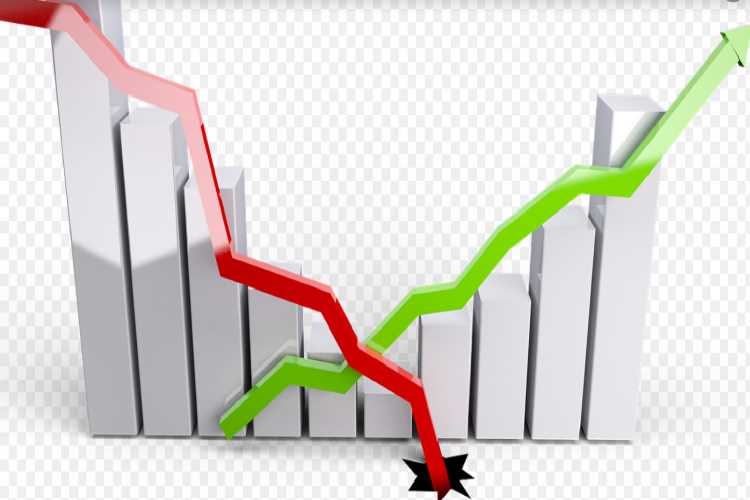
The world economy continues to reel under the impact of the ongoing geopolitical and hostile macroeconomic conditions. While 2023 was expected to be the year of recovery, it is turning out to be another crisis year with new threats emerging in the last few months. The precarious financial circumstances mean that the global economy is not likely to stage a recovery soon. The world is facing the head winds of high inflation, supply chain disruptions, slower growth of merchandise trade, and the risk of recession. The optimism around 2023 has faded with the recession looming large and the problems of the previous year continue to trouble the global economy.
The Global Trends and Prospects report by UNCTAD says the travails of the developing countries will linger as the world slows down amid financial turbulence. The precarious situation may also mean that the whole decade is lost to financial woes. Recovery seems like a pipedream with the growth rate of the global economy threatening to fall below the levels registered during the pandemic.
READ | Global crisis may slow down turbocharged Indian economy
Here is the outlook of major economies of the world.
World economy and India
Like other major economies, the growth prospects for the world’s fifth largest economy have also been slashed. The estimated growth rate now stands at 6% in 2023 from 6.6% in 2022, according to the United Nations. This is when the UN Trade and Development Conference expects global growth in 2023 to drop to 2.1%, compared with 2.2% projected in September 2022. Further threatening India’s growth rate is the fact that government expenditure has been slowing.
While India has been the fastest growing major economy, it has ceded the pole position among G20 countries in 2022 to oil-rich Saudi Arabia which grew at 8.6%. For India, the only solace remains export orders which are on the rise, coupled with the positive effect of a recovery in investment and consumption. However, its positive aspect has been partly offset by higher energy import bills, which deepened the current account deficit and ate up the forex reserves.
Even then, India’s exceptional growth among South Asian nations uplifts the estimates for the region. The South Asian region is expected to expand at a fast pace of 5.1% in 2023, driven by the growth of its largest economy – India, the report said. What is pulling the region backward is the performance of highly indebted countries such as Sri Lanka and Bangladesh which will keep facing pressures from external creditors to cut public spending and cancel social, productive and climate adaptation investments.
The United States
Things are not better with the United States as the world’s largest economy is witnessing a series of unfortunate events one after another. While the collapse of crypto exchange FTX in November last year was a major blow, the country also saw the fall of a series of banks including the Silicon Valley Bank in March 2023. The result is financial contagion in an already slowing economy. The UNCTAD report projects that the US, which is expected to grow at 2.1% in 2022, will see a slowdown to 0.9% in 2023. Undoubtedly, the ripples of the same will reverberate in other economies too.
China
China grew at 3% last year and will see its growth accelerate to 4.8% in 2023 after it relaxed Covid-19 restrictions. China also reported mild inflationary pressure. The country’s growth will also have a knock-on effect on neighbouring developing countries. China will register strong growth this year and the rebound will also have a positive effect on trade around the world.
China and the United States have been embroiled in a trade war and the continuing conflict between the two major economies will have an impact on trade between other countries. The report also states that 81 developing countries (excluding China) lost $241 billion in international reserves in 2022.
The UNCTAD report says many developing countries face a deepening development crisis owing to soaring debt levels and higher servicing costs that are squeezing productive investment in both public and private sectors. An end to the financial crisis is dependent on whether the world slips into recession in 2023. The report is also optimistic that the scenario is avoidable. Policymakers and central banks must not take decisions without thinking of larger consequences and must balance financial stability and price stability in the coming months.
The report also advises overhauling of tax systems in both advanced and developing economies. It says the rethinking on the monetary policy would be the main tool for macroeconomic management.

